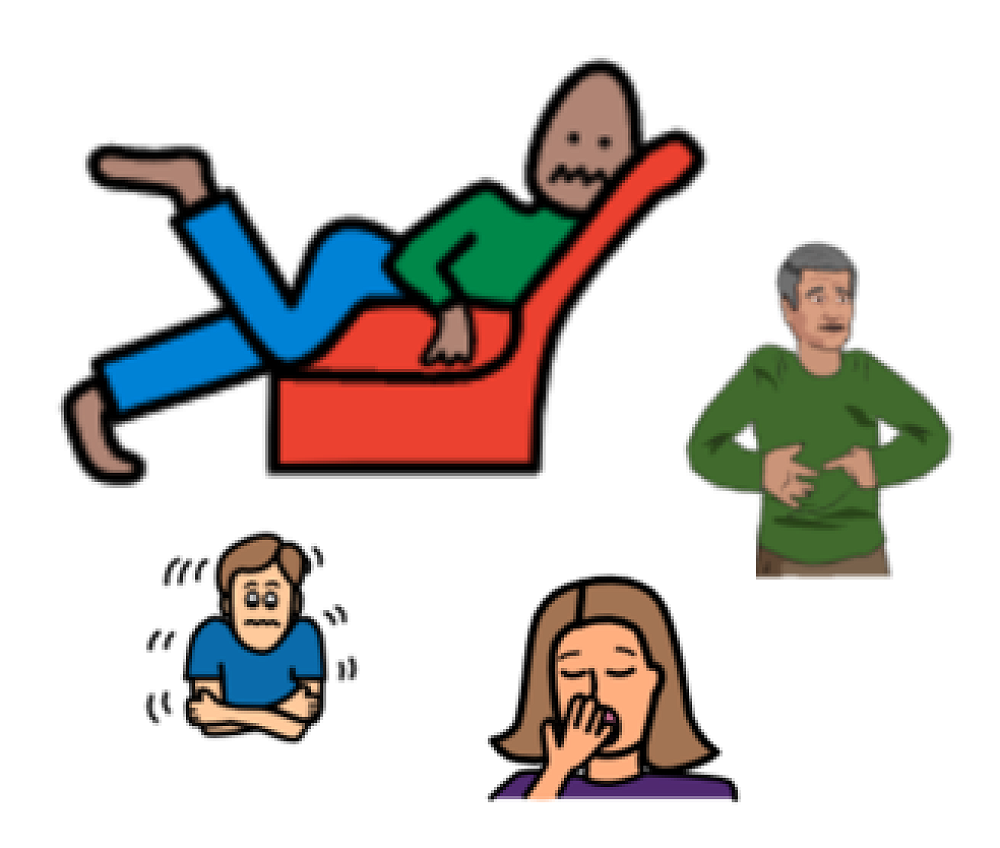
Learning about Interoception
Developing the skills to self-regulate is important. When we have good self regulation, we can better manage our emotions and behaviours. With good self regulation skills we can do things like calm ourselves down and learn new skills.
Interoception Awareness is essential to learning self-regulation.
Interoception, what is it?
Interoception is one of our body's senses. Our body’s experience of sensations and awareness of these sensations help us know when we are hungry, tired, happy and sad. This awareness and knowing what to do about it is key in helping us learn how to self regulate.
How do you know when you are hungry? Does your stomach growl? Do you feel light headed? OR do you know in some other way?
Our team have recently been exploring the diverse ways people sense and interpret these bodily feelings.
Many of our Pītau-Allenvale young people need practice tuning into their bodies sensations before they can understand them. Only then can they express what is happening and begin to manage their sensations. For example Kim Clairy Autistic Occupational therapist, describes how she didn't think she had the same emotions as her peers because she couldn't relate to how they described them. She discovered that she sensed feelings like anger as shapes and colours.
Below are two podcast recommendations that go into more detail in regards to interoception as well as one autistic person’s experience of interoception
Neurodiversity and interoception with Kelly Mahler:
https://open.spotify.com/episode/1fWFqpGkW1oQwcy5OveY3u?si=1ngSPKKITV--YrLbSjUrHA
Autism, Eating Disorders and Sensory Processing - with Kim Clairy, Autistic OT
https://open.spotify.com/episode/4hCbC7cOOEhNWcMBL7dXzF?si=4UVcpJwiT7W4ZlbHy_FFUA
Interesting findings from the podcasts:
A neurodivergent individual says, “what I wish others would learn”:
That understanding and communicating how you feel starts with discovery of our unique interoception experience.
That sensation/emotion words are not instinctive or meaningful for everyone.
To see past surface behaviours, stop making assumptions and work hard trying to understand different ways of communicating.
It can be confusing for students if we assume emotions they are feeling based on what we see.
Instead, using statements like “I notice” and “I wonder” gives our students an opportunity to cue into their bodies, make connections and make sense of their feelings.
For example
“I notice that you are bouncing on a ball, I wonder how that makes your body feel?”
“I notice that your face is red, I wonder how your body is feeling?”
When we support our young people to develop interoceptive awareness, we are helping them towards greater self-regulation.
Article written by Specialist Services Team.
